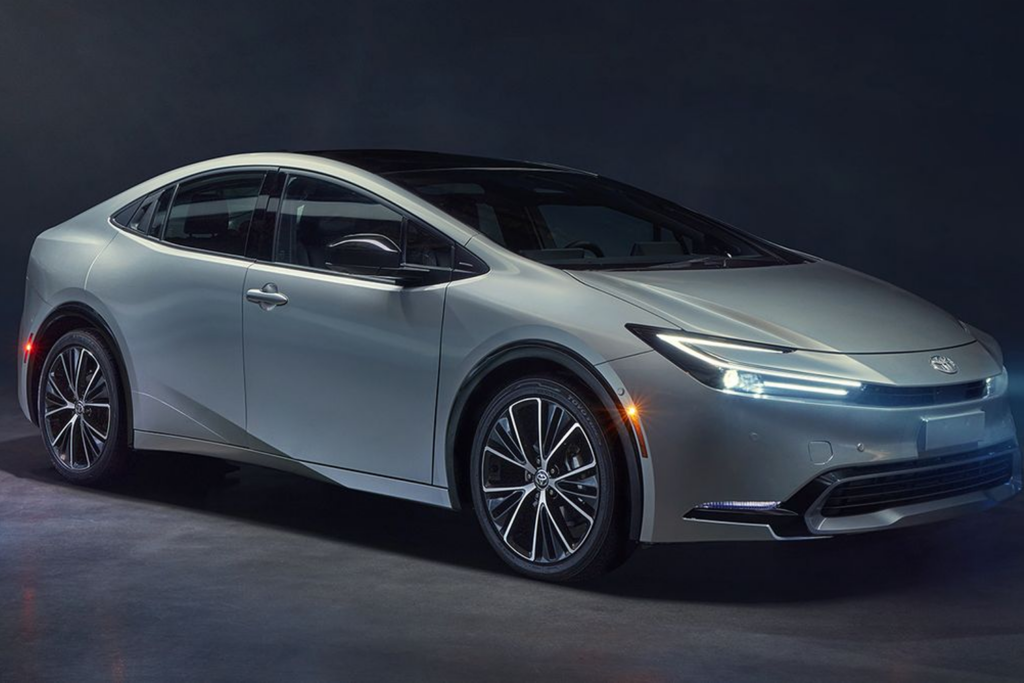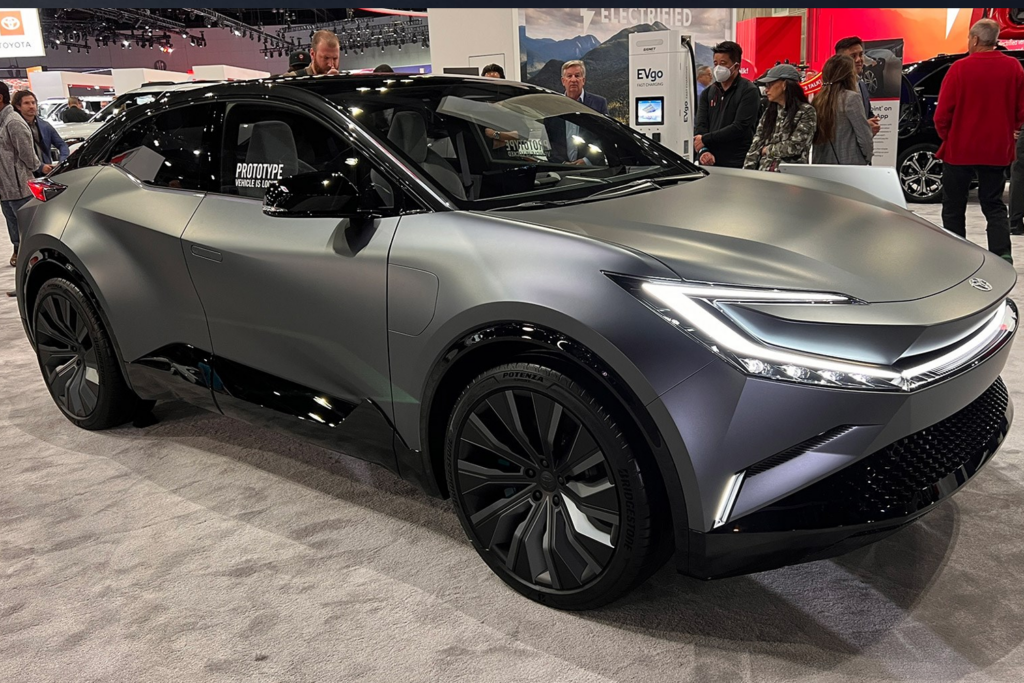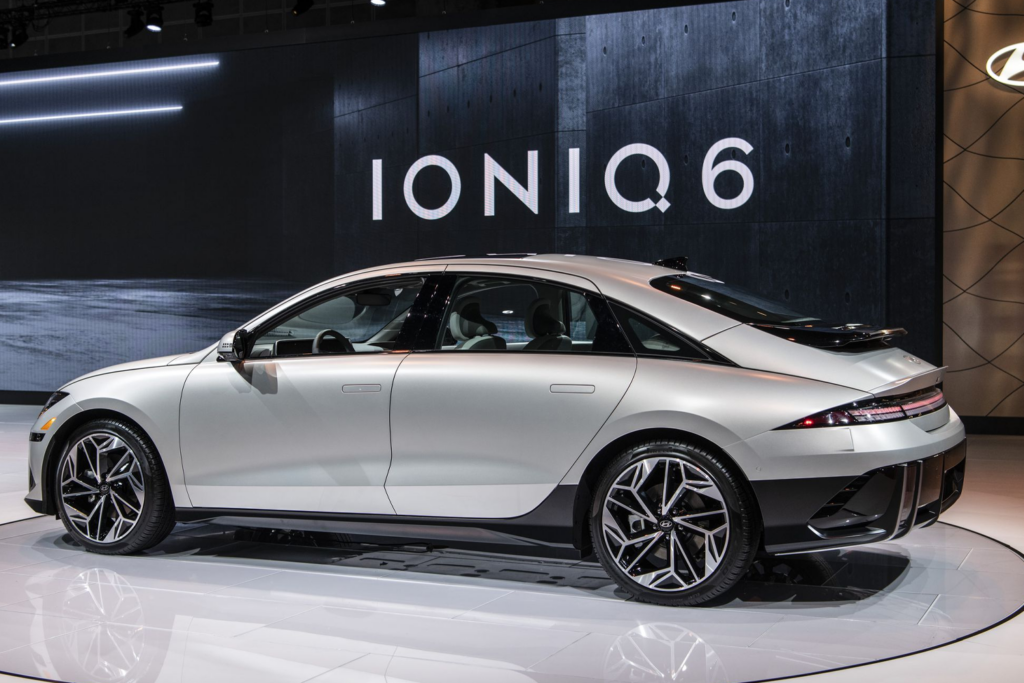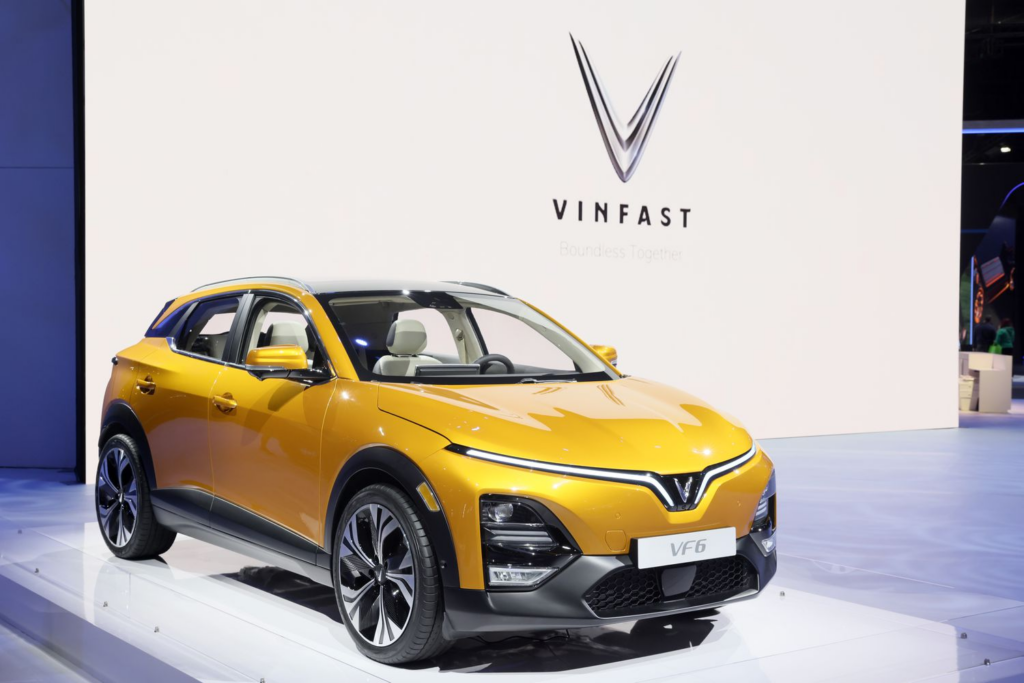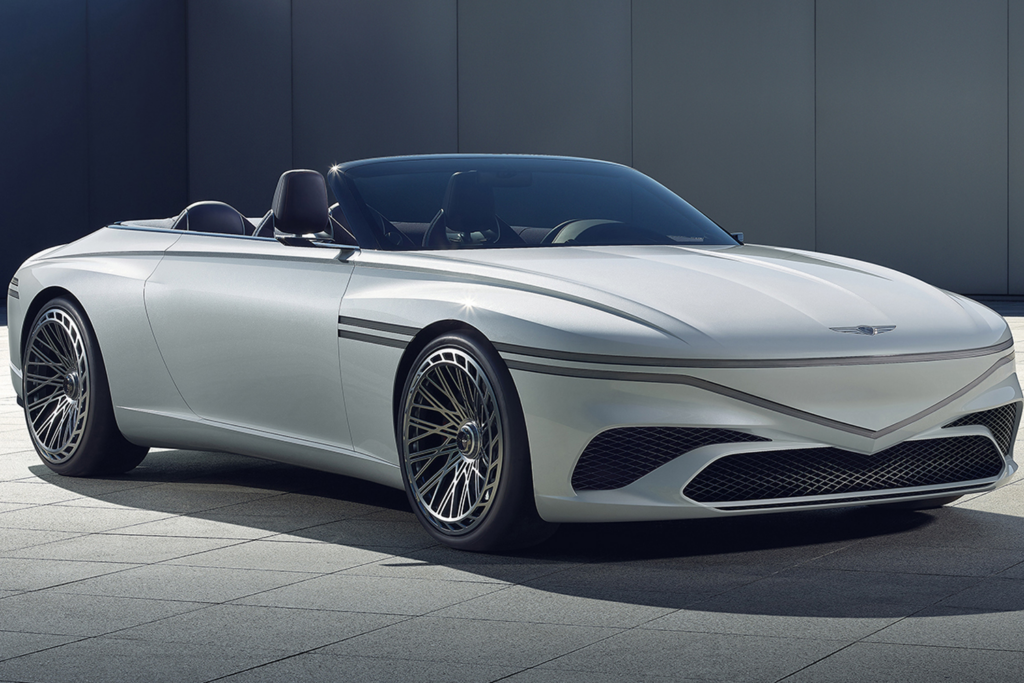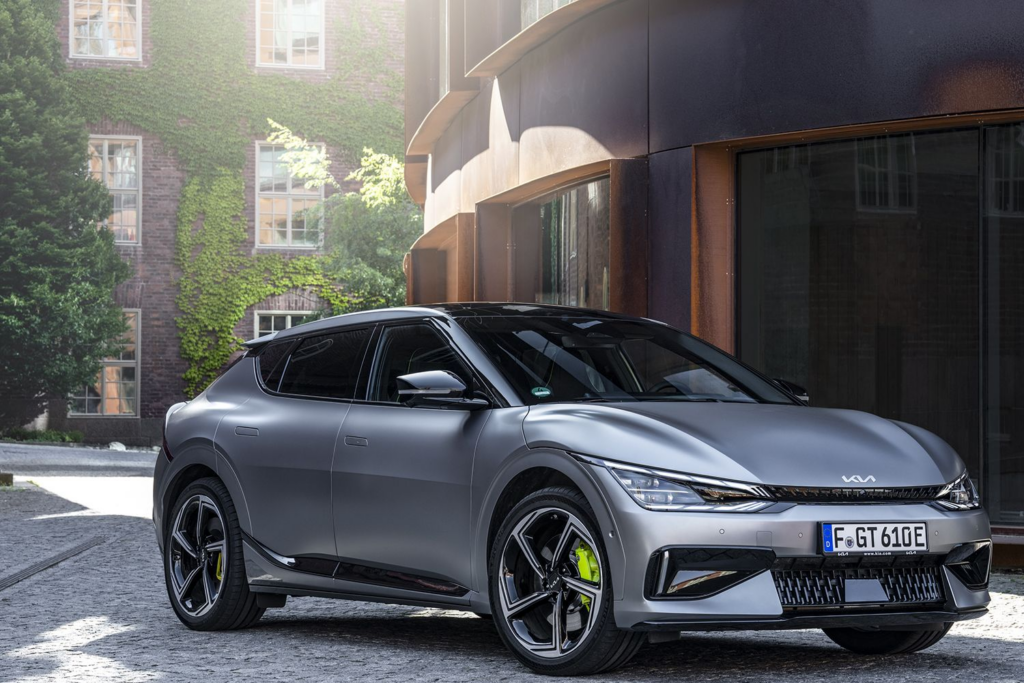Electric cars bring sparkle to LA Auto Show 2022
The LA Auto Show is the last major show of the automotive year, where car makers reveal all the showroom-ready models they’re hoping will help them clean up during the following year. And the highlights of the 2022 LA Auto Show suggest 2023 is going to be an exciting year in the world of motoring. … Continued

